Politics and Literature: The Case of Maurice Blanchot
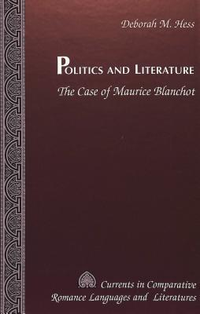
Summary
The role of politics in literary creation and interpretation is discussed for the French intellectual tradition and the critical period in France from 1931 to 1948. Maurice Blanchot's early fiction is analyzed as a symbolic expression of its sociopolitical context. He portrays the plight of the Jewish people and of the French nation in his fiction published between 1936 and 1949. A recent storm of critical reaction raises questions about the rights and limits of the literary critic and about moral and personal aspects of the author, text, and reading process. Politics and Literature offers a model for critical interpretation that takes into account complexity, process, and the sociopolitical context of the literary text.
Similar Books
-
 Marxism and literary criticism
Marxism and literary criticismby Terry Eagleton
-
 Partial Magic: The Novel as Self-Conscious Genre
Partial Magic: The Novel as Self-Conscious Genreby Robert Alter
-
 Sublime Desire: History and Post-1960s Fiction
Sublime Desire: History and Post-1960s Fictionby Amy J. Elias
-
 Authoritarian Fictions
Authoritarian Fictionsby Susan Rubin Suleiman
-

-
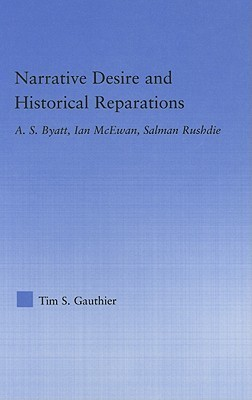
-
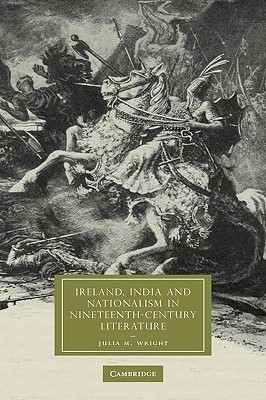 Ireland, India and Nationalism in Nineteenth-Century Literature
Ireland, India and Nationalism in Nineteenth-Century Literatureby Julia M. Wright
-
 Laurence Sterne in Modernism and Postmodernism
Laurence Sterne in Modernism and Postmodernismby Peter de Voogd
-
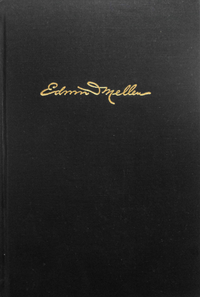 Narrative Strategies in Joyce's Ulysses
Narrative Strategies in Joyce's Ulyssesby Dermot Kelly
-
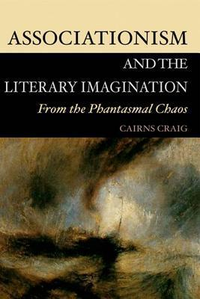
-
